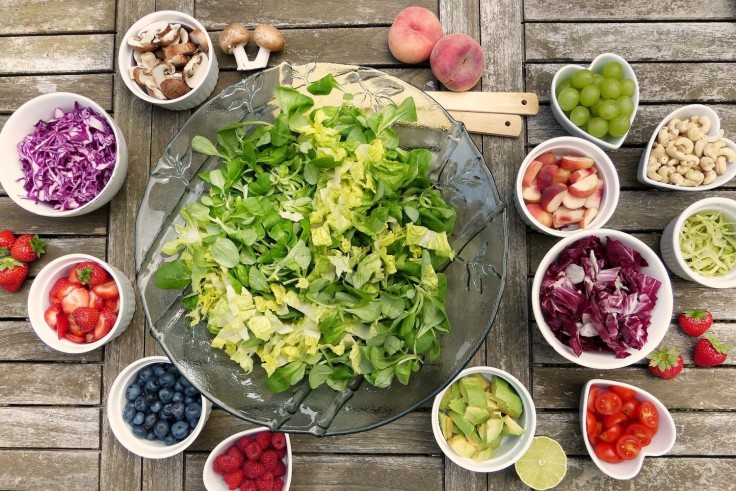
According to a study entitled Nutrition and Brain Development in Early Life, a nutritious diet in infancy is the main key to promoting a child's long-term well-being. The foods they consume also impact their cognition, temperaments, language development, and motor skills.
Dr. Uma Naidoo, the nutritional psychiatrist found foods that are rich in omega-3 fatty acids, folate, iron, iodine, zinc, choline, and vitamins A, B12, and D that supports brain function, behavior, and learning. Also, avoiding processed food with added sugar is one of the keys to attaining the healthy well-being of a child.
Normally, kids can be picky, so parents need to be creative as much as possible for their children to eat and sustain the required nutrients in the body. Healthy eating in childhood including adolescence is crucial for both proper growth and development. It also prevents various health conditions. Isla Zyer, nutritionist, blogger, and plant-based nutrition expert explains that a healthy diet stabilizes the child's energy and also keeps the bone strong.
Moreover, it helps young ones to have stable mental health, prevents chronic diseases, and lastly, promotes a healthy weight. Thus, here are the six brain foods that will surely help kids to stay sharp and focused:
1. Superfood smoothies
Smoothies can also be called milkshakes. In order for a smoothie to be a superfood, you'll have to add folate-rich and fiber-rich leafy greens such as spinach or kale, along with chia seeds or walnuts for plant-based omega-3 fatty acids, fiber, and protein. You can also add avocado for healthy fats and blueberries rich in antioxidants. Unsweetened yogurt can also contribute to the smoothie's creaminess that boosts mood.
2. Homemade veggie fries
Consuming a colorful variety of vegetables is important as it will help one to get fiber and phytonutrients. It also helps fuel the gut and mental health. Use air fryer ovens to make zucchini, carrot, and green bean fries as air fryers add a crispy and crunchy texture to the food without deep frying. You can top the vegetables with a pinch of black pepper, oregano, and parsley to add flavor.
3. Homemade hummus
CNBC reported that legumes are healthy and plant-based sources of iron, zinc, protein, and fiber that benefits brain development. Homemade hummus is one of the creative ways to incorporate legumes into the child's diet as it can also be served in so many ways.
4. Salmon
Kids eating fish at a young age can increase the likelihood of it enjoying and consuming low-fat, vitamin-rich proteins in the long term. Salmon appears to be soft and mild enough for young ones and it's also one of the sources of vitamin B12 and omega-3s which helps to promote healthy brain development and happier moods.
5. Eggs
Eggs are one excellent source of brain-boosting vitamins such as A, D, and B12, along with choline. Choline is very important for young ones and has been shown to improve brain development and long-term memory. Thus, Dr. Uma suggests buying pastured eggs as they have twice as much vitamin E.
6. Meatballs
Meatballs are a powerful plant-based fiber and also a nutritious kind of veggie in the child's diet through meatballs. Dr. Uma suggests baking the meatballs instead of frying them as it is the healthiest way to do it. It's also one of the excellent finger foods for young ones as they start to venture out into different food, Parenting First Cry.
Related Article : Pasta Trap: Why Parents Should Not Allow Kids to Only Eat Pasta